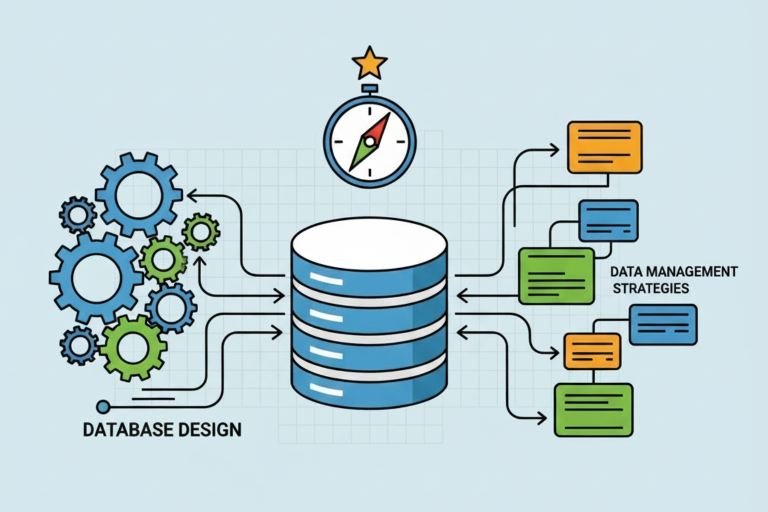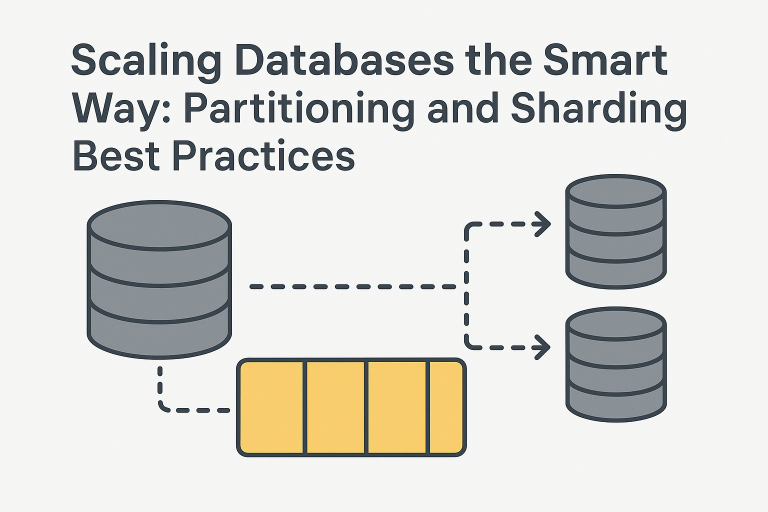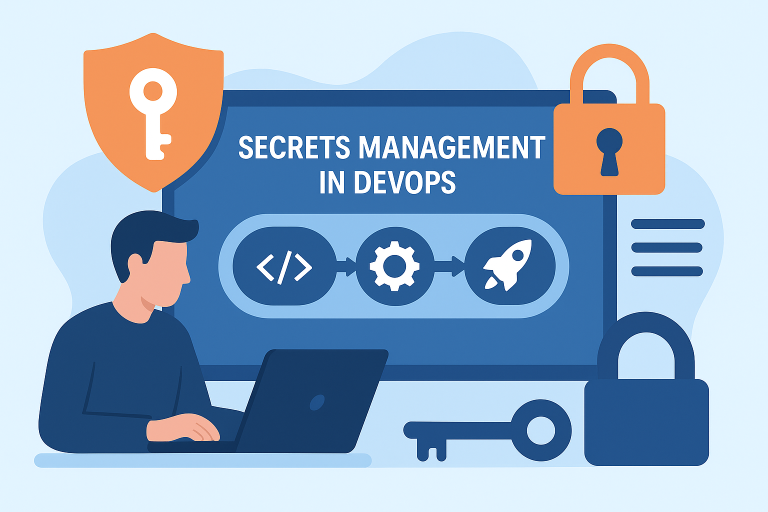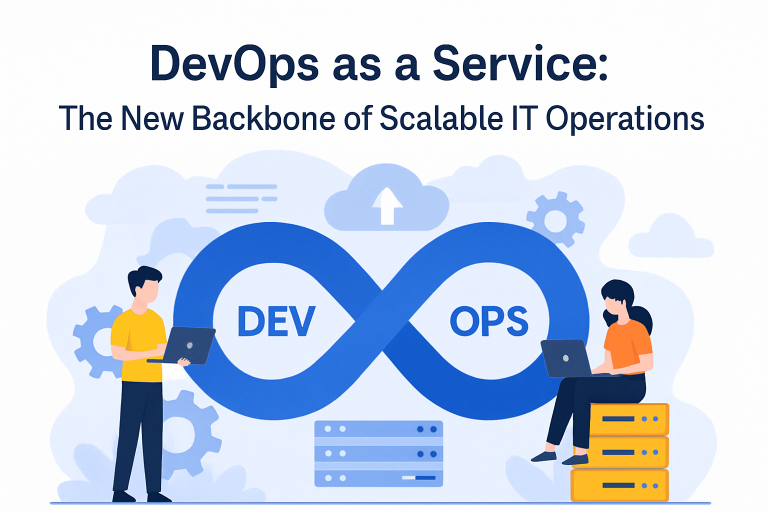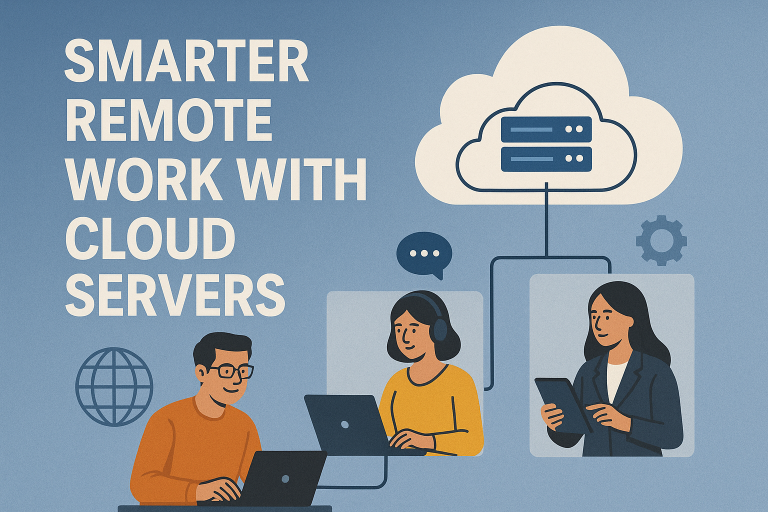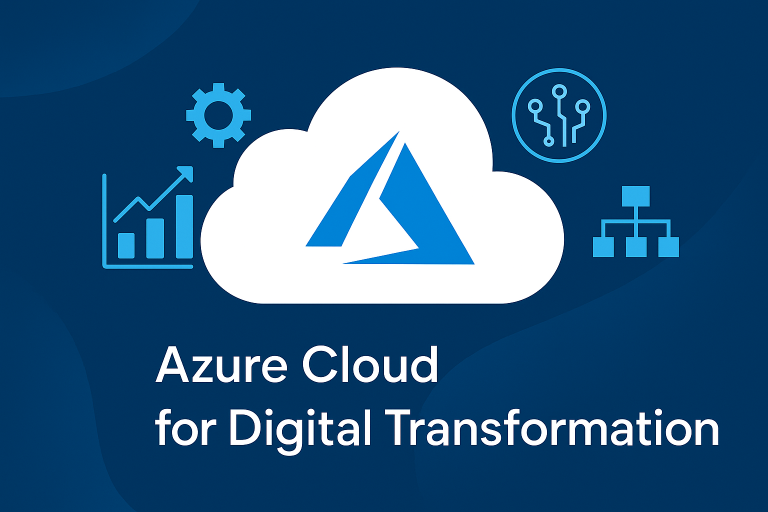One of the most precious things on the networks and devices you use is the data you create and store. Operating systems and applications can always be reinstalled, though the user-created data is unique. If it gets viewed without authorization or gets lost, the outcome might be devastating. An organization’s network might consist of documents with personal information, trade secrets about the clients or employees, or the financial records. Applications on the computer, phone, or other personal devices might expose your social security number, bank account information, and credit cards. In either of the cases, identity theft has become the real possibility that is becoming too frequent in the digital age. It’s vital to protect your security and it doesn’t have to be an intricate or daunting task.
Here are some strategies, you can put in a place to keep up the data being breached –
1. Apply Software Updates
Software organizations often release updates when they’re discovered. So, never put off the software updates, especially when it’s on operating systems. Software left the outdated and might still consist of security flaws which can leave you susceptible to a privacy breach or data.
2. Protect Passwords
Creating a strong password and never using the same password across the devices or sites is one of the best things that you could do to protect yourself from the digital invasion. On the phone, you can lock it with the strong real password or the fingerprint or touch ID. So, in order to keep all the track of the password combinations, you can also use the password manager like LastPass or iPassword to keep the passwords stored. This is for the betterment of strong and unique security with all the accounts and devices. Whenever you’re a password manager, you don’t have to worry about making all the passwords memorable. Be random, and sprinkle all the punctuation marks and numbers. It can be anything but predictable.
3. Keep Your Browsing Secure
If you’re using the free Wifi or hotspots in the public places, use a VPN to obscure the personal information from the others who might be using the same unsecured public networks. Always make sure that VPN service is legitimate and the ones who trust to maintain privacy. Additionally, for shielding the browsing information, the VPN will encrypt all the data when it comes to hiding your location, or leaving your phone or computer, and so on.
4. Back It Up
If there’s something that must happen to the data you create on the network or devices, or you lose it all. You can recover quickly without any hassle if the data is backed up. There are backups to protect your documents, photos, and other data not only from the technical malfunction but from malicious hacking and ransomware.
How can you prevent data loss?
One of the most effective ways to eliminate business data loss is to back up all the files and documents. Backing up data with an additional copy of all the essential data. For most of the effective backup plan, store the backups in the physically distinct location in order to prevent the risk of data loss from all the theft and physical destruction.
Cloud storage is one of the most effective means for backing up the data as it stores all the data remotely and can be easily accessed from any device on the internet. This type of storage often has more space than the traditional servers and doesn’t even pose any risk of crashing.
Cloud storage eliminates the possibility of physical damage or theft, however, the data can still be lost in the cloud if it’s accidentally deleted, stolen, or overwritten by the hackers. No matter, how you back up the data, it’s very important to make sure that the data is properly backed up before the catastrophic data loss happens. No one would ever want to realize this after the data loss, that the files didn’t write up correctly to the backup server and are corrupted.
Perform up the periodic tests of the backed-up data in order to ensure the documents are properly stored and formatted and there’s enough space to store the files in the backup destination. It’s very essential for you to perform the backups frequently so that minimal data is lost and the main system for the data storage also goes down.
Here are some of the other techniques that you could follow to avoid the business data loss –
- Partition the hard drive – This means creating a separate program and distinct data zones. So, in any case, if the program portion of the hard drive crashes, you might be able to recover the data because it might be stored in a separate location.
- Disk Defragmentation – This is a process of deleting and saving files naturally as it creates a gap on the hard drives which the other files are filled into. Whenever the data is split into the segments for storage purposes, it might take longer for the computer to assess the data. Defragmentation is a process that continuously lowers the risk of data loss and speeds up the computer processing time.
- Anti-virus software – It’s very essential to prevent malware and other viruses from infecting the data and the computer. Make sure that you have the software updated so that it runs properly.
- Keep the computer clean – There are moisture and dust which collect on the computer and might cause the hard drive to crash or the computer to overheat Store all the laptops and the digital devices in the ventilated and dry areas.
- Employee access – The employees who are working with the company data must be trained about confidentiality and how the data has to be shared. It’s in the best interest of the organization to control who can access the distinct levels of the data and protect it from the accidental and intentional data loss.

